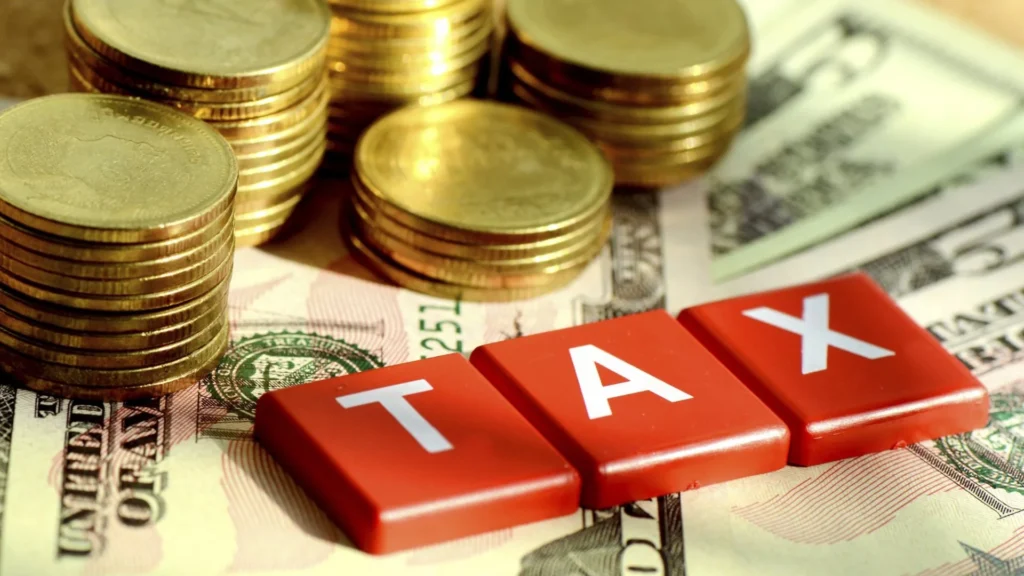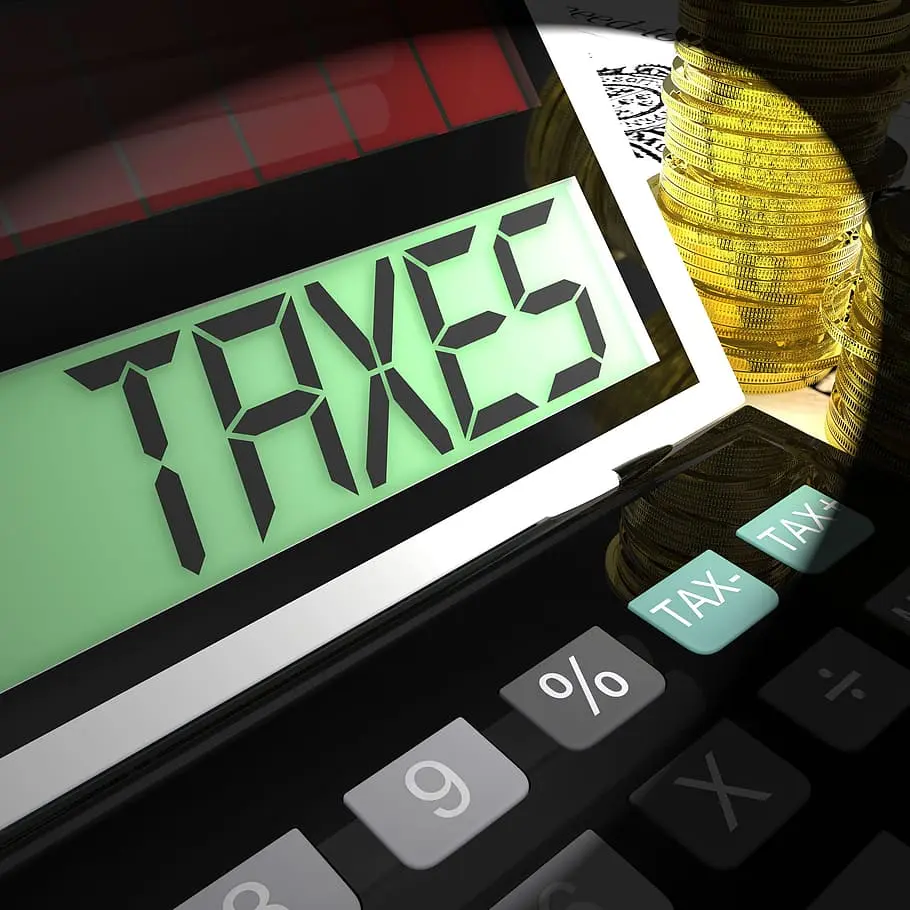Book Appointment Now
When Can You Start Filing Taxes in 2025?

Tax season might not be anyone’s favorite time of the year, but getting a head start can make the whole process a lot smoother. As 2025 approaches, many people are already wondering when they can start filing their taxes. Knowing the right timeline can help you organize your documents, maximize your deductions, and, hopefully, get your refund sooner. In this article, we’ll walk you through everything you need to know about filing your taxes in 2025—from key dates to helpful tips for staying ahead of the game.
When Does Tax Season Start in 2025?
The IRS usually begins accepting tax returns in mid to late January. For 2025, it’s expected that the tax season will officially kick off around January 22, 2025. This date isn’t set in stone yet, but it aligns with the IRS’s usual timeline. Filing earlier means you could get your refund faster, so marking this date on your calendar might be a smart move. As the date gets closer, keeping an eye on IRS announcements will ensure you’re prepared.
Why Does the IRS Delay Accepting Returns?
You might wonder why you can’t just file your taxes as soon as the new year begins. The IRS needs a bit of time to update its systems, verify tax code changes, and ensure that everything is running smoothly for the millions of returns it will process. These updates help prevent errors and protect against fraud, making the brief wait worthwhile.
Can You File Your Taxes Before the Official Start Date?
Technically, yes. Many tax software providers allow you to complete your return in early January. However, they will hold your submission until the IRS begins accepting returns. This can still be beneficial, though—finishing early means you’ll be in the first batch of returns processed once the IRS opens its doors.
When Are W-2s and 1099s Sent Out?
Employers and clients are required to send out W-2 and 1099 forms by January 31, 2025. If you haven’t received your forms by early February, it might be a good idea to follow up. Having all your documents in hand as soon as possible ensures you can file quickly and accurately, avoiding potential delays.
What to Do If You Haven’t Received Your Forms
If February rolls around and your forms are still missing, reach out to your employer or client first. Sometimes, it’s just a mailing delay. If that doesn’t work, contacting the IRS directly is the next step. They can help you get the information you need without having to wait indefinitely.
Key Deadlines for Filing Taxes in 2025
The main deadline for filing individual tax returns in 2025 is expected to be April 15—unless it falls on a weekend or holiday, in which case it might be pushed forward. If you’re self-employed, quarterly tax payment deadlines are also important to keep in mind. Missing these deadlines can lead to penalties, so it’s wise to plan ahead.
How to File for a Tax Extension
If you need more time to file, you can request an extension using Form 4868, which gives you until October 15, 2025. However, an extension to file doesn’t mean an extension to pay. You’ll still need to estimate your taxes and pay by the April deadline to avoid interest and penalties.
Should you File early or wait?
Filing early has its perks—like faster refunds and reducing the risk of tax-related identity theft. However, if you’re waiting on important documents or anticipating tax code updates, it might make sense to hold off. Balancing the urgency to file with the need for accuracy is key to a stress-free tax season.
Pros of Filing Early
Besides getting your refund sooner, filing early can help if you need financial information for things like student aid or mortgage applications. It also means less last-minute stress and more time to address any unexpected issues that pop up.
Cons of Filing Early
Filing too soon might lead to mistakes if you haven’t received all your forms. Amending a return later can be a hassle, so make sure you’ve got everything before hitting submit. Patience can sometimes save you from headaches down the road.
How Long Does It Take to Get a Refund?

If you file electronically and opt for direct deposit, you could see your refund in as little as 21 days. Paper returns take longer—sometimes up to six weeks. The IRS’s “Where’s My Refund?” tool is a handy way to track your refund’s progress and ease any anxiety about when the money will land in your account.
Common Reasons for Refund Delays
Errors on your tax return or claiming certain credits—like the Earned Income Tax Credit (EITC) or the Additional Child Tax Credit (ACTC)—can cause delays. The IRS takes extra time to review these credits to prevent fraud, so double-check your information before submitting.
What If You Owe Taxes Instead of Getting a Refund?
Owing money to the IRS isn’t fun, but it’s manageable. The key is not to ignore it. Setting up a payment plan can help you spread out what you owe into more affordable chunks. Paying at least part of your tax bill by the April deadline will minimize interest and penalties.
Options for Paying Your Taxes
The IRS offers several payment methods—from direct debit to credit card payments. Just keep in mind that paying by credit card usually comes with processing fees. Choosing a method that aligns with your financial situation can make the process less stressful
Tips for Preparing Your Taxes in 2025
Staying organized is half the battle when it comes to filing taxes. Start by gathering all your necessary documents—W-2s, 1099s, receipts for deductions, and anything else relevant. Using tax software or consulting with a professional can also help you navigate any complexities in the tax code.
The Importance of Staying Updated on Tax Changes
Tax laws can change yearly, impacting everything from deductions to income thresholds. Keeping an eye on IRS updates or subscribing to a reputable tax blog can help you stay informed and avoid surprises when it’s time to file.
Conclusion:
Getting a jump on your taxes in 2025 can save you a lot of stress and potentially a lot of money. Knowing when tax season starts, staying on top of deadlines, and being prepared with the right documents can make all the difference. Whether you’re expecting a refund or preparing to make a payment, a bit of planning goes a long way.
With these tips and key dates in mind, you’ll be well on your way to a smooth and hassle-free tax season.
Newsletter Updates
Enter your email address below and subscribe to our newsletter